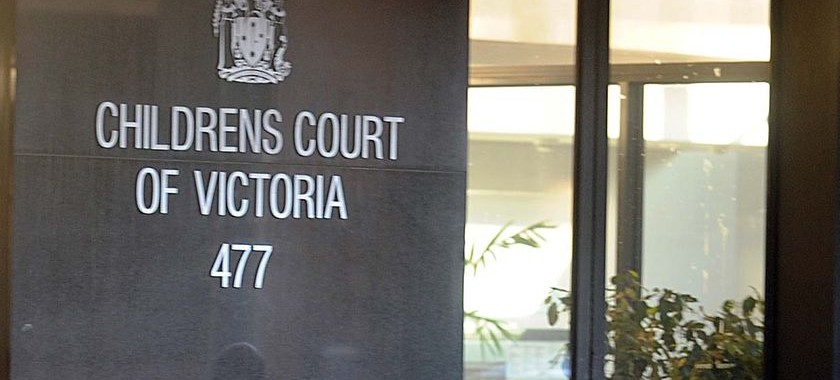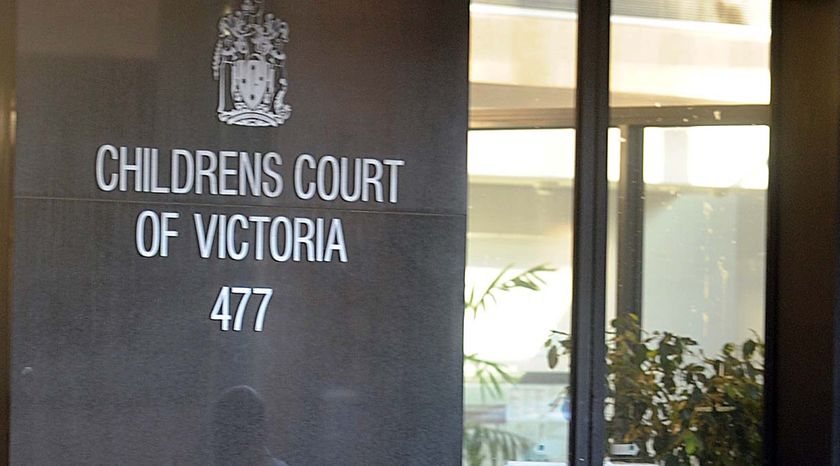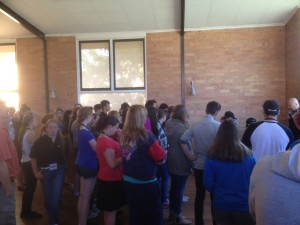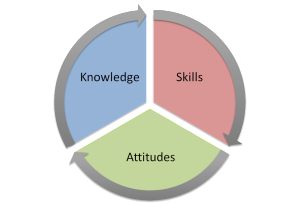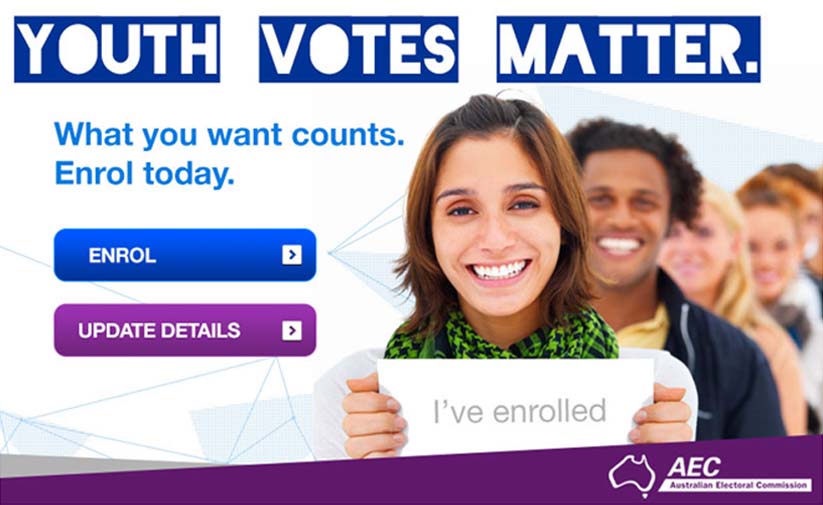Youth work research has come a long way over the past decade or so. We have gone from a profession that was grappling with how we used others knowledge in our practice to one that was seriously beginning to develop our own knowledge base. We have gone from having a few key researchers to a burgeoning professional and academic research cohort. We are developing more post graduate students and more PhD’s every year. Yet, we still have a long way to go to cement our research credentials as a profession.
One area that needs to be developed is our practice wisdom. We need to hear about the research of youth workers on the coalface. What is working? What didn’t work? Where are the gaps? What do we need to do to take the profession forward? These questions and many more will be best answered not by the academics who are removed from practice, but through the collective wisdom of those youth workers completing the hard yards day in and day out.
At Ultimate Youth Worker we have always tried to shine a light from those at the coalface to those in academia. We have been quoted in academic journal articles, spoken at conferences and worked with hundreds of youth workers to get the knowledge of the coalface worker to the rest of the sector. Our commitment to youth work research has never been stronger.
We are currently getting some research out about the state of youth mental health training for youth workers in Australia and New Zealand. Our research is shining a light on the gap between current youth worker training in mental health and the needs of our young people. This youth work research has come out of the hundreds of supervision and training sessions we have run over the past three years where youth workers have been ignorant of the basics of mental health.
Research is one of the things which give a profession credence. We need to have more research from the trenches to inform our sector. What will you bring to the table?





